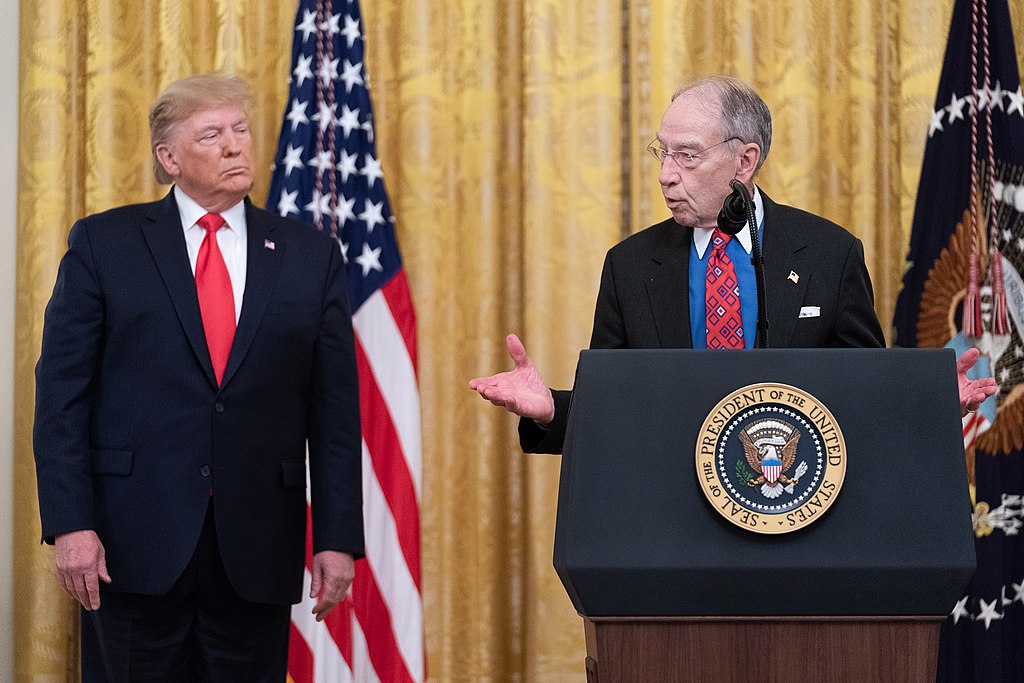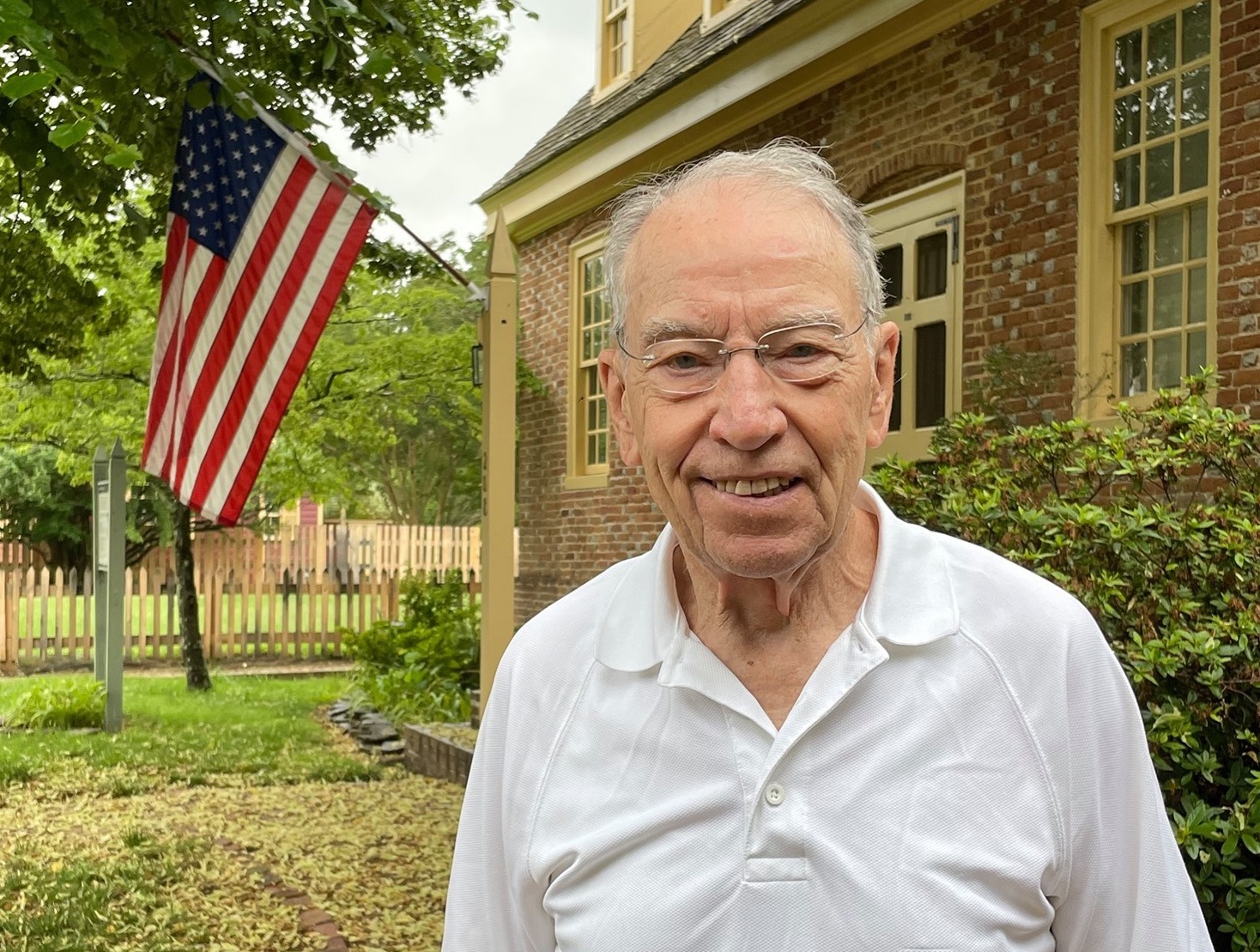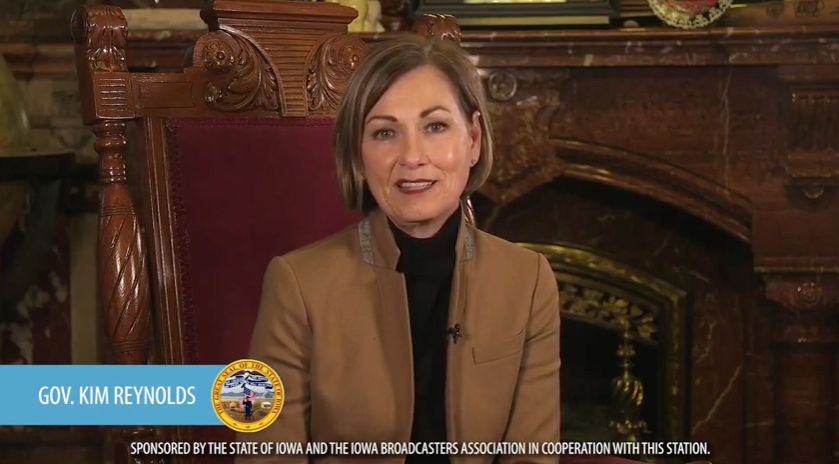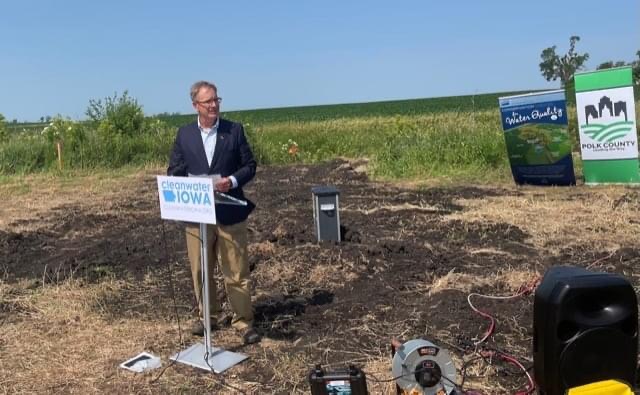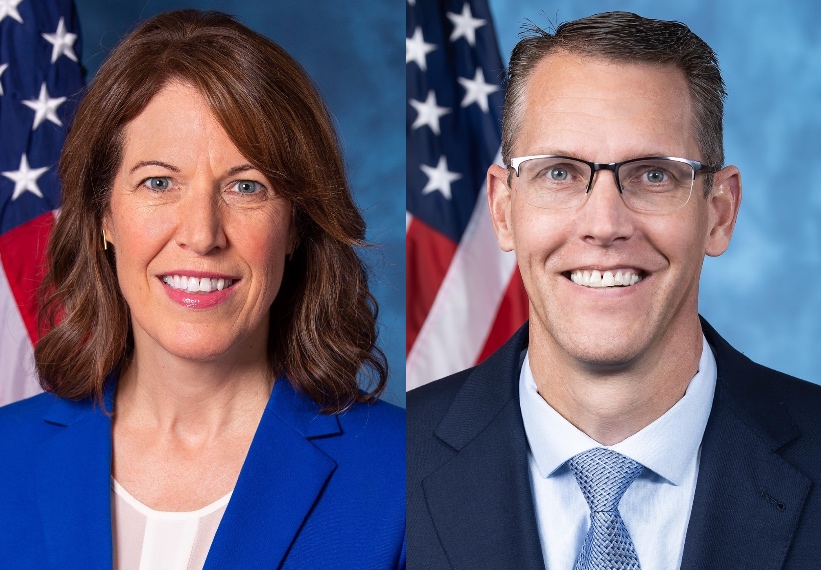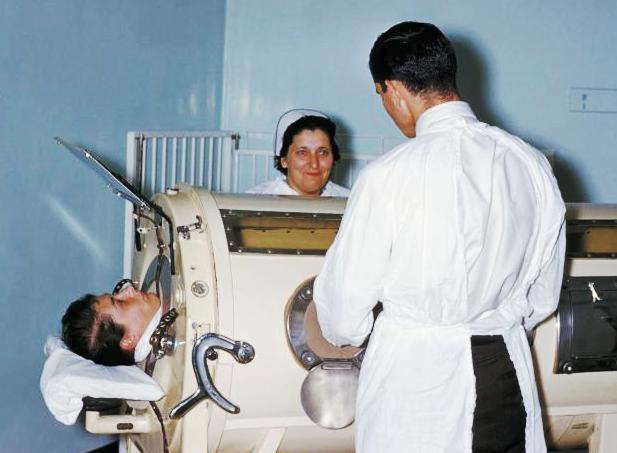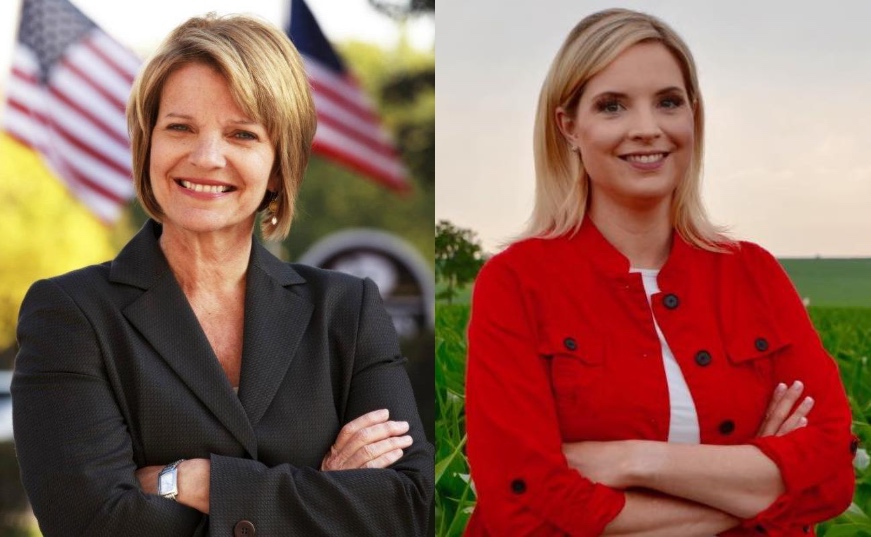John Norwood is a Polk County Soil and Water Commissioner.
These are my prepared remarks from the June 17 event announcing the Central Iowa Water Quality Infrastructure Project. I initiated a new bundled approach with the help of many others after attending an agricultural field day several years ago, where I wondered, how we could improve our effectiveness? Polk County, state, and federal government agencies are involved with the project; Iowa Secretary of Agriculture Mike Naig also spoke at Thursday’s kickoff.
The program is novel because Polk County is moving from single installations that used to require each landowner hiring a contractor, to batch installations of 50 and next year more than 100, using a general contractor bidding approach run by the county. The Soil and Water Conservation District actively targets sites using mapping technology and direct landowner outreach to secure participation, as opposed to waiting for landowners to come forward. The county, state, and municipal sources provided 100 percent cost share, and the installation is largely turnkey for the participants.
Secretary Naig, my fellow commissioners, partners, members of the media, distinguished guests, and ladies and gentlemen:
I appreciate the opportunity to join you all today to celebrate this innovative ground-breaking, systematic approach to getting things done. This strategy was born from a chance meeting with Charlie Schafer at a field day several years ago, me asking a lot of questions out of curiosity, followed by several coffee conversations, where together we began to reimagine a new way for delivering conservation infrastructure at scale. And then we widened the circle to include other key players in the conversation who built on the vision and drove it forward with the help of many others. Two of whom you will hear from in a few minutes.
First let me note that this type of locally led effort can be tailored whether we are delivering water quality infrastructure or soil health systems. If the strategies are scalable, turnkey, and targeted, the impact can be magnified many times. What we do in Polk County can be replicated in any of our other 98 counties, and as a “learning organization” that is how my District can support a larger effort. Stay tuned.
Continue Reading...







